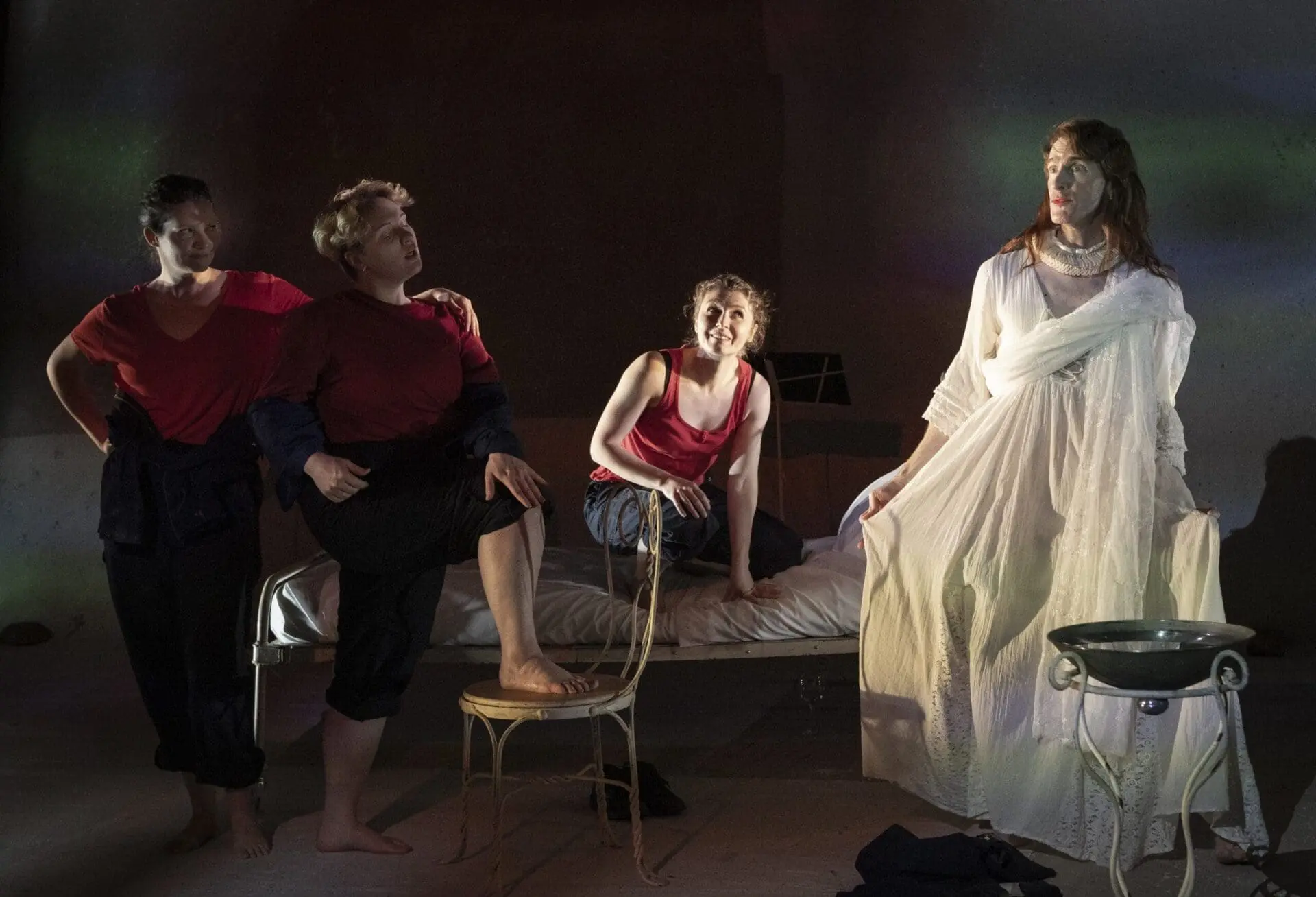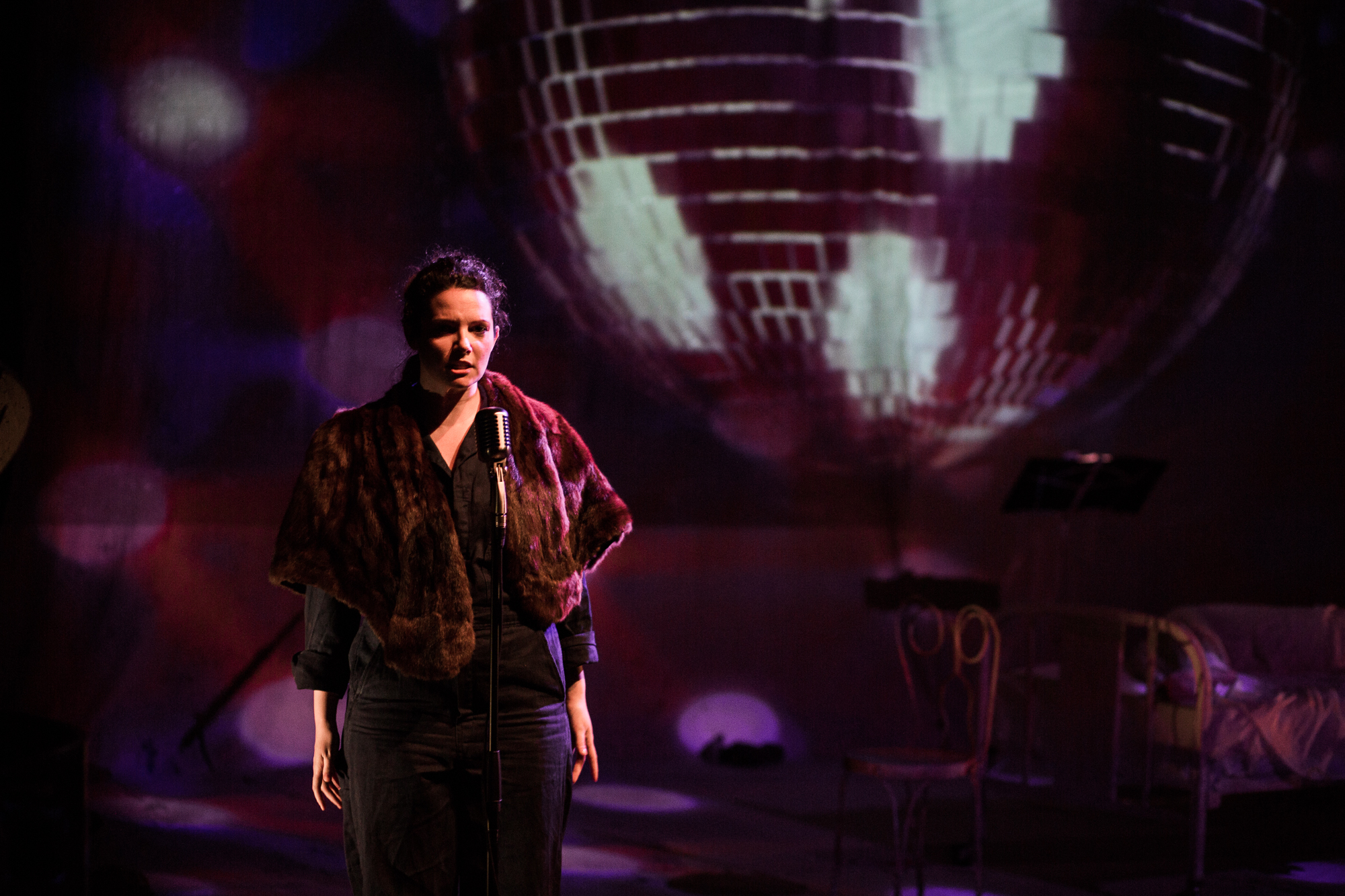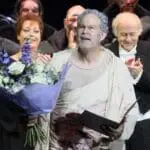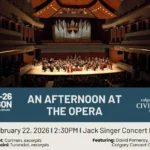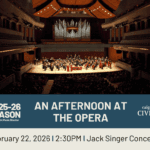After he was diagnosed with HIV in 1986 and following his father’s death, the visionary English filmmaker, activist and writer Derek Jarman (1942-94) moved in into a curious former fisherman’s dwelling in Dungeness that he would name Prospect Cottage. Amid the strange, shingled wasteland of the Kentish coast and neighboured by a nuclear power station, he conjured a magical garden, full of wild blooms both familiar and unusual.
Inspired by the life and work of one of the most remarkable 20th-century queer British artists, Garden of Vanished Pleasures unfolds an ingenious assemblage over 90 minutes and 22 segments that are pastoral, philosophical and political in scope, emotionally shattering yet forgoing furious drama. Making its live stage debut directed by Tim Albery after first launching as a film in 2021 (owing to COVID disruptions), Garden is a moving homage to Jarman’s immeasurable legacy.
Music by Donna McKevitt is set to Jarman’s own poems, while Cecilia Livingston’s songs feature texts by the composer herself, alongside Duncan McFarlane, Walter de la Mare and Janey Lew. Two composers, multiple text sources and vocal styles with an episodic rather than through-narrative plot – everything is in place for Garden to feel disjointed, but it has the exact opposite effect. While each episode is distinctly marked out, interspersed passages of either spoken recitation or instrumental music feel less like transitional interludes than a seamless ebb and flow. It successfully blends some of the idiosyncratic narrative qualities of a Romantic song cycle – a sense of a journey, a loosely figured protagonist, suggestive rather than excessively demonstrative emotions – with the multimodality of opera.
The four singers, meanwhile, represent the current breadth of Canadian vocal talent. Danika Lorèn dazzles with a remarkable dramatic lyric range, Mireille Asselin’s rich, captivating soprano commands us all, especially in passages reminiscent of a dreamy cabaret, and Hillary Tufford’s mezzo is lush and suave throughout. Acting as a kind of Jarman proxy, hinting at rather than fully embodying a character, Daniel Cabena offers a resonant and pure countertenor. All offer fine-grained blending when needed but are more than capable of shining as soloists.
The three instrumentalists similarly excel as a small ensemble of individual voices: Hyejin Kwon proved adept at switching rapidly between piano idioms, while Brenna Hardy-Kavanagh (viola) and Amahl Arulanadam (cello) skillfully chart everything from skittering dissonances to passages of stormy unrest, from folk-like duos to languorous counterpoint.
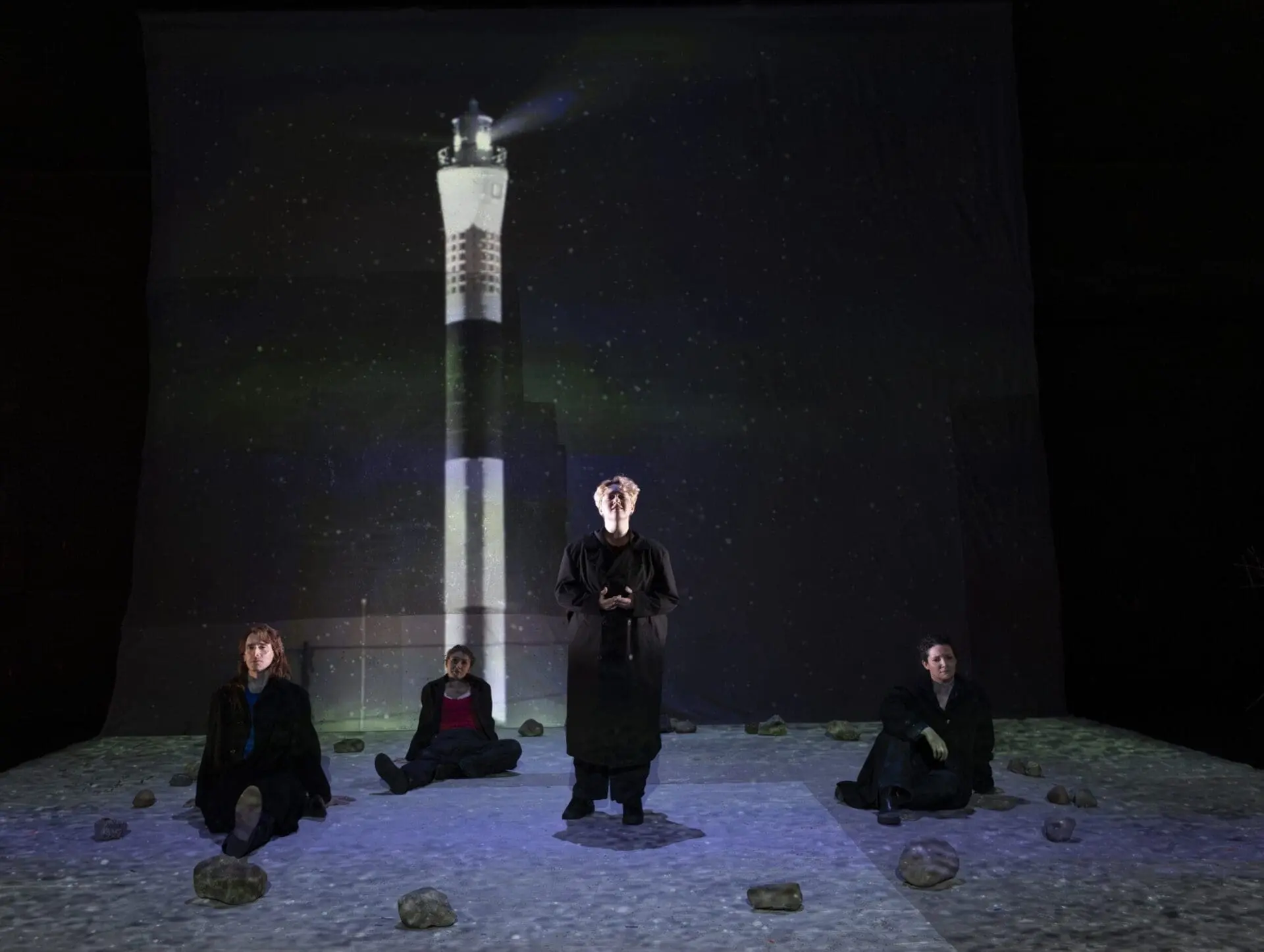
Photo Credit: Cameron Davis
“an English pastoralism that is melancholy and hewn by wind and sand”
Along with the immediacy of live sound, the move to a live version of Garden is most notable in Albery’s stage design, a simple approach that succeeds in its mutability. Floor-to-ceiling projections construct a cube of refracted colours, movement, videos and abstract shapes, sometimes bathing the performers in muted light, sometimes engulfing them in a roiling sea or a garden. It works cleverly to create a larger sense of space and to project a sense of immersion. The central metaphor of a garden as a space of imagination works to invoke both a sense of teeming life and of fatal decay.
McKevitt’s settings of Jarman’s texts are immensely sensitive to the varied richness and vast depth of his poetic voice, both doing great justice to his artistry and forging something altogether new out of it. Livingston’s settings of her own and others’ words abound with textural intensity and myriad styles that suggest an exploration and boundlessness that is somehow always cohesive. Throughout, I couldn’t help feeling echoes of Britten seeping in, hearing resonances between the two artists a generation apart – an English pastoralism that is melancholy, homoerotic and hewn by wind and sand, as sea-swept and gritty as it is tender.
In what feels like the centrepiece, “Sebastiane” set words from Jarman’s 1976 film, notable for its dialogue written entirely in Latin and for its vibrant homoeroticism, as a poignant countertenor solo, in which Cabena’s performance brought heart-stopping stillness. A static tableau that is rife with tenderness and agony, Cabena-as-Jarman is framed by Andrea Mantegna’s 15th-century painting of St. Sebastian’s arrow-pierced body. McKevitt’s vocal writing here has all of the sinewy contours of a slow Monteverdi aria and the tightly-controlled lines of liturgical intonation, combined with the flexibility and unique imprint of an omnivorous 21st century artistry.
Garden’s transitions between scenes of emotional devastation, quiet reflection and boisterous irony rarely feel jarring. Nor does the shift to the political present land feel heavy-handed. Imbued with the countercultural spirit of Jarman’s Jubilee, Livingston’s “Mercy” morphs the gritty aesthetic of 1970s London punk to current strife, with video footage of white supremacist rallies simmering behind McFarlane’s stringent text “And still this planet dances on around its seething, heedless fire, your justice shining and drying and spinning in the sun.”
Introducing the evening, Lawrence Cherney, Soundstreams’ founding artistic director, emphasized how Garden met a need for “stories that are important to tell.” We often talk about storytelling, about voices being heard, in relation to a lot of new opera. That’s not insignificant, but a key ingredient to the success of Garden is that it doesn’t “tell” Jarman’s story. It offers abundant, evocative imagery over straight biography, presenting a chamber opera that shows exactly what innovations in form and style can be brought to the genre.

Photo Credit: Cameron Davis
Countertenor Daniel Cabena in Garden of Vanished Pleasures
Opera Canada depends on the generous contributions of its supporters to bring readers outstanding, in-depth coverage of opera in Canada and beyond. Please consider subscribing or donating today.


